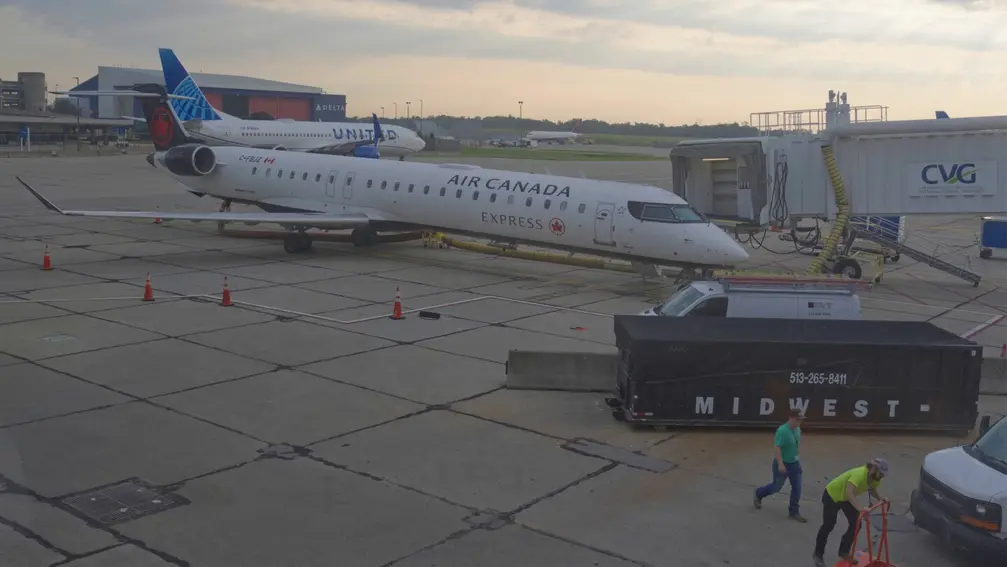T4K3.news
Air Canada resumes flights after government directive
Air Canada plans to restart service Sunday after a government directive to end the cabin crew strike that disrupted about 700 daily flights.
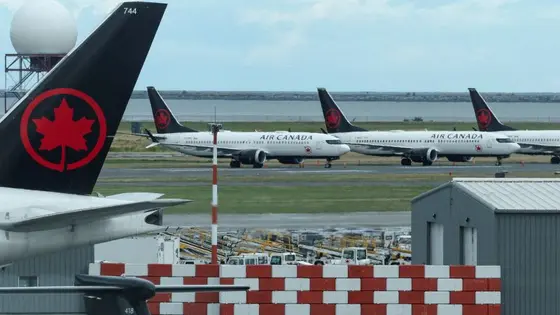
Air Canada plans to resume flights after a government directive ended a cabin crew strike that disrupted about 700 flights daily and stranded more than 100,000 passengers.
Air Canada to resume flights after government moves to end strike
Air Canada said flights would resume Sunday evening following a directive from the government and orders from the Canadian Industrial Relations Board. The strike by cabin crew led to the suspension of roughly 700 daily flights and stranded more than 100,000 travelers. The airline had begun cancelling flights on Friday in anticipation of the stoppage.
The CIRB ordered that the terms of the old collective agreement, which expired on March 31, be extended until a new deal is reached. The dispute centered on pay for time spent on the ground and assisting passengers during boarding, a point CUPE had pressed for as compensation. The union and the airline had favored negotiated settlement, but binding arbitration was invoked to break the impasse.
Key Takeaways
"The CIRB ordered the terms of the collective agreement that expired on March 31 be extended until a new agreement can be reached."
Factual action by regulators
"The Jobs Minister directed binding arbitration to end the impasse."
Government action framing the resolution
"Air Canada will resume flights on Sunday evening as the directive takes effect"
Airline response to directive
The government stepping in marks a major shift in how such disputes are handled. It may speed up the return to normal schedules, but it also alters leverage in future talks and raises questions about the limits of state intervention in private sector labor disputes.
The move could shape how unions approach bargaining in essential industries. If arbitration becomes more common, workers may worry that gains won in past contracts could be traded for speed. The long term will depend on how the new agreement is crafted and communicated to travelers and staff.
Highlights
- Arbitration ends a disruption but tests bargaining norms
- Travelers want steady skies not a new bargaining clash
- Quick fixes help schedules long term deals build trust
- Politics meets payroll when flights stop
Political backlash risk from government intervention
The use of a government directive and binding arbitration to end a private sector strike could trigger criticism from workers and lawmakers. It raises questions about how much public intervention is appropriate in labor talks and could affect future negotiations and public perception.
The road back to normal will test how quickly policy can align with the realities of labor markets
Enjoyed this? Let your friends know!
Related News
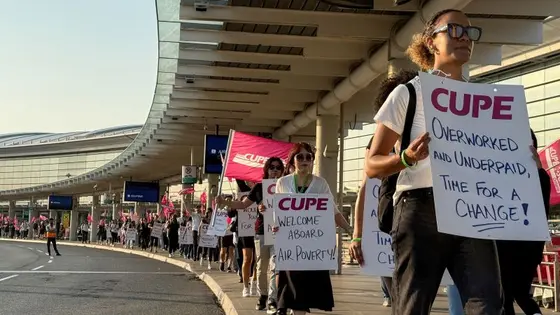
Air Canada strike continues after government order
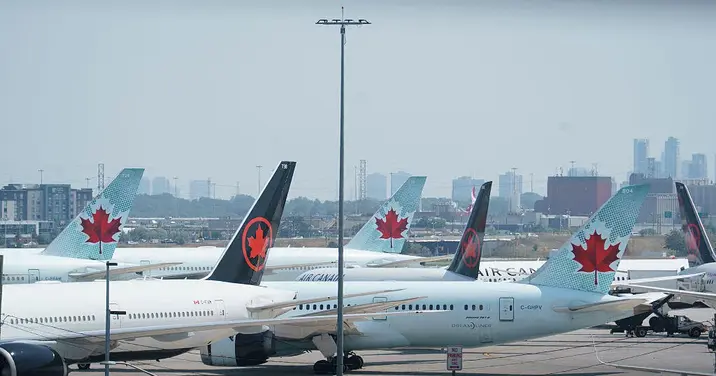
Air Canada delays resumption after strike
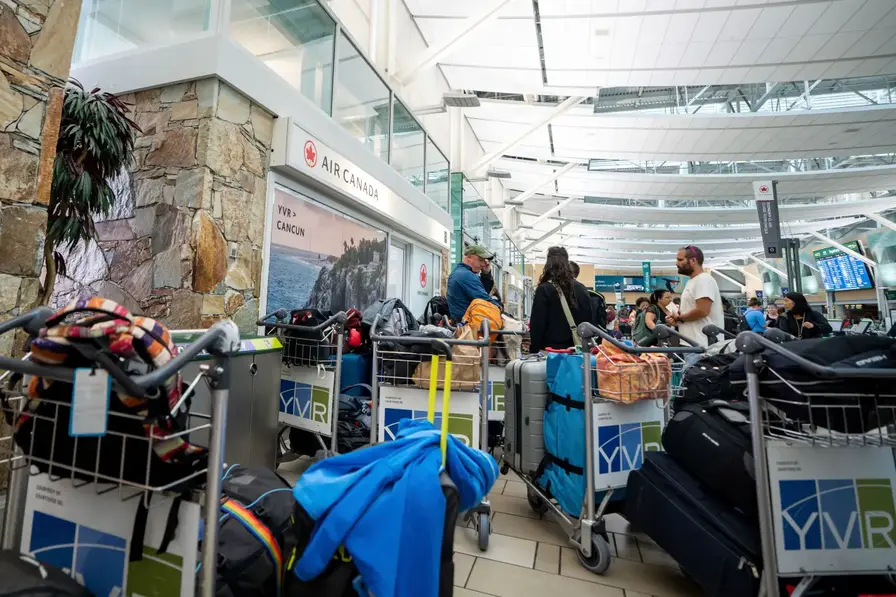
Air Canada halts restart after union defies order
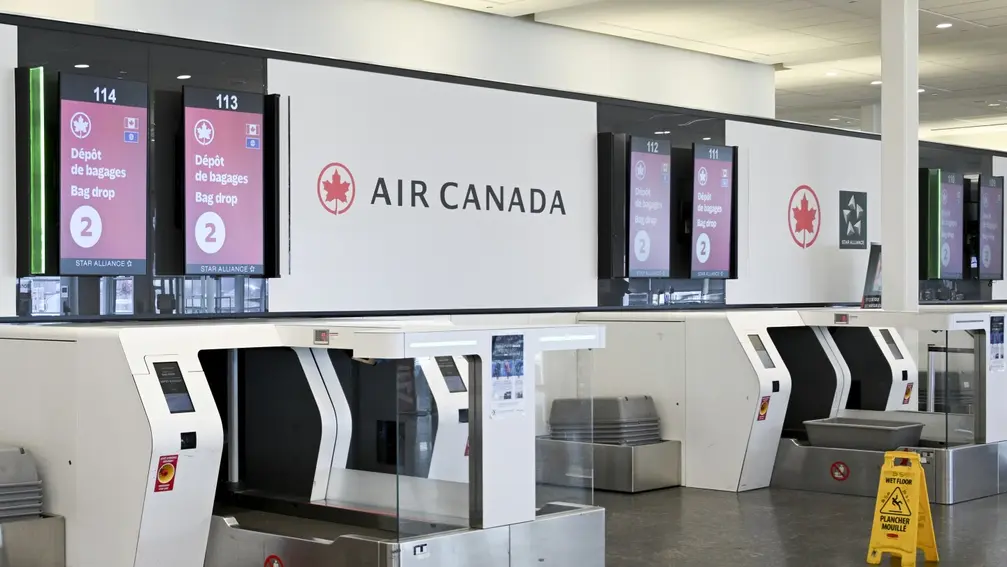
Air Canada flight attendants strike continues
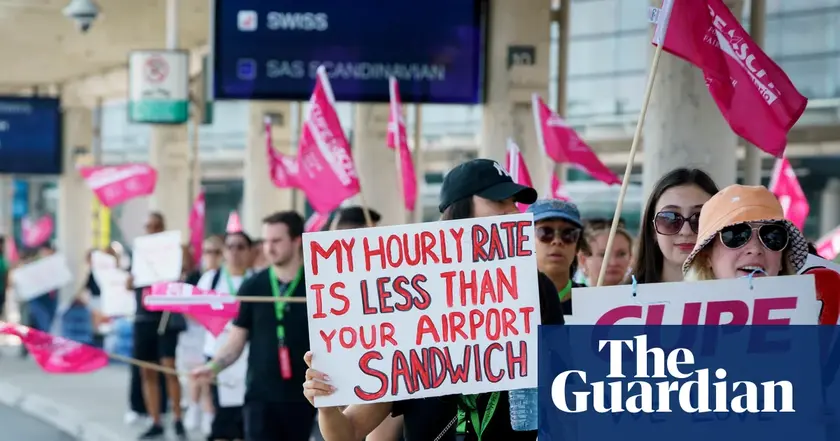
Air Canada strike ends as government orders return to work
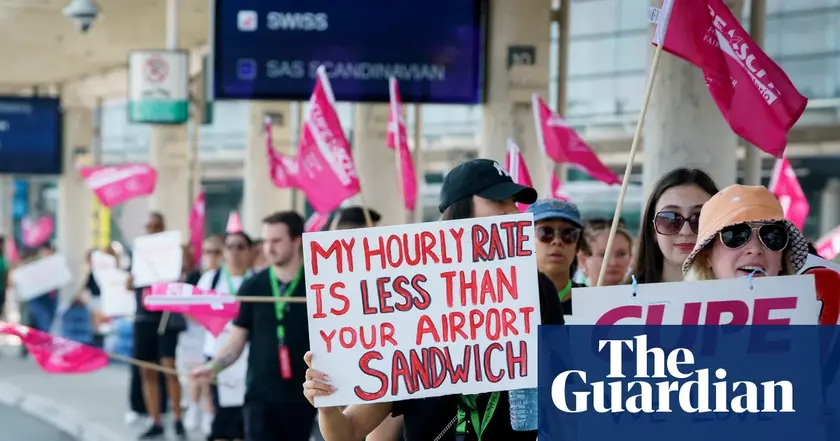
Air Canada strike escalates as government orders end to walkout
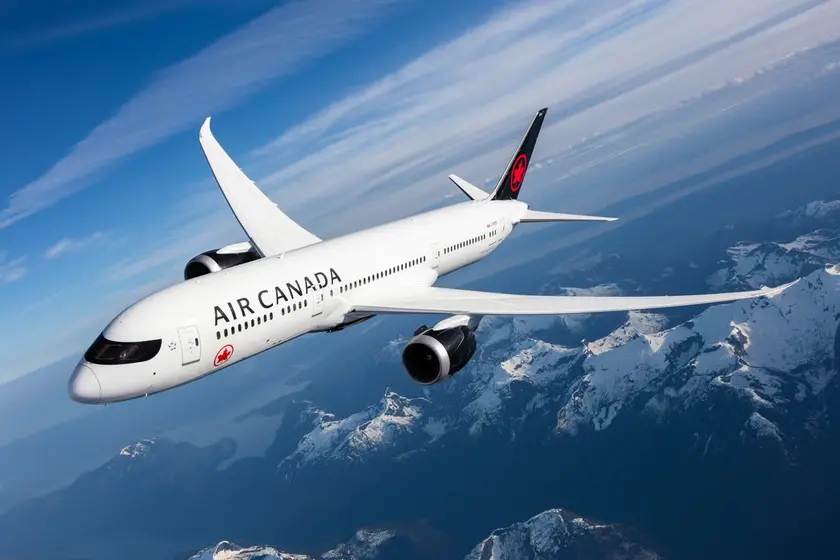
Air Canada shutdown looming
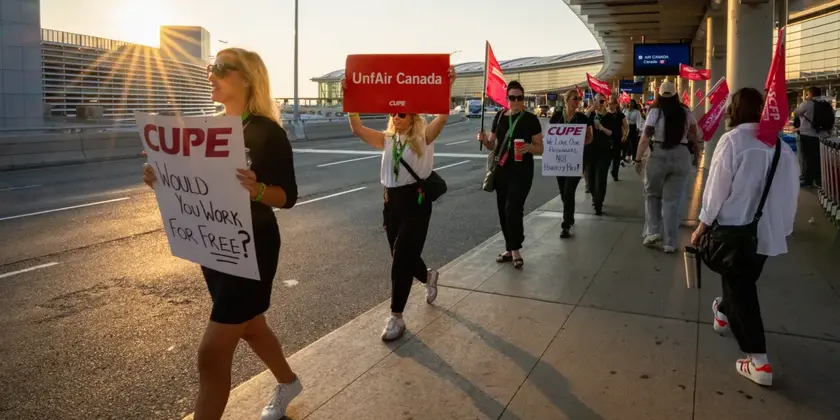
Air Canada arbitration ordered after strike
